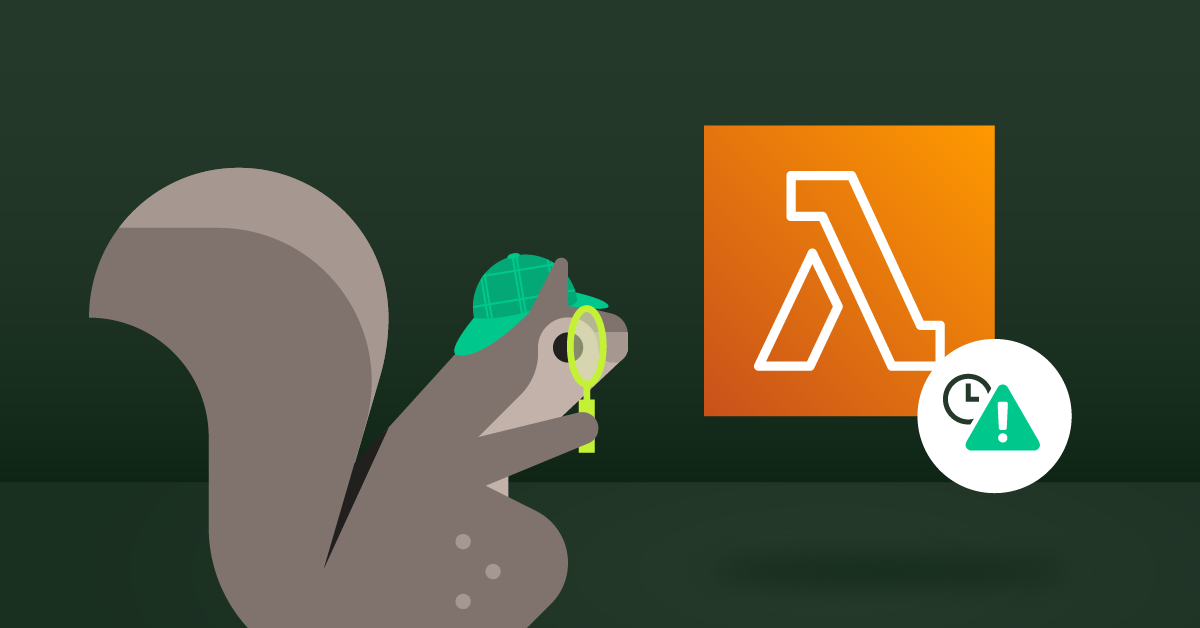Updated with new information on March 29, 2024.
A poem is never finished, only abandoned. You can keep refining it endlessly, making it better with every iteration. As a solo project, full agency is reasonable. However, a unilateral decision to upend a joint project with over a decade of love, support from a thriving community, and functional governance is a bold—dare I say reckless—transaction.
Redis is a Swiss army knife of features and capabilities that get developers going fast! With a multitude of APIs, endless ways to shoot yourself in the foot notwithstanding, Redis meets developers where they are and makes their lives easier with the functionalities they need, both for development and often for production systems as well.
Developers have returned that favor with love by ranking Redis as one of the top databases on Stack Overflow's developer survey for several years. From core drivers to modules, the open source community behind Redis is flourishing. Over the past 15 years, the project has enjoyed contributions from dozens of companies and hundreds of individuals.
Redis did not create Redis

If this confuses you, you’re in for a ride!
While Redis may have the ability and legal rights to shut down this community, it is important to note that Redis did not create Redis.
The Redis relicensing announcement references the company and the open source project interchangeably:
“From day one, Redis has provided a foundation of performance and simplicity for the applications and data infrastructure that power the modern Internet. Now, 15 years later, we’re proud to serve millions of developers across the globe by supporting real-time applications the world depends on every day.”
However, this sleight of hand masks a key detail: the company now known as Redis wasn’t involved in the open source project until years later!

Redis launched in 2009 as a labor of love by Italian developer Salvatore “Antirez” Sanfilippo. Drama ensued in 2013 when a small hosted Redis provider called Garantia Data tried to rename itself to “RedisDB”. After Antirez pushed back, they abandoned the change. This is what Ofer Bengal, then CEO of Garantia Data, had to say:
“We were about to change our company name to RedisDB and even acquired the domain redisdb.com for that purpose; however, respecting a request by Salvatore Sanfillipo, the Redis creator, we decided to stick to Garantia Data.”
A few months later in 2014, Garantia Data became Redis Labs.
“It’s the second time in the past three months the company has said it is changing its name. In the fall, Garantia changed its name to RedisDB but after some retort from the open-source Redis community, the company pulled back and kept the Garantia name. This time, the company says there is no going back — it is now Redis Labs.”
In 2015, Redis Labs née Garantia hired Antirez and became the official sponsor of the Redis open source project. Before stepping away from the project in 2020, Antirez transferred IP and trademark rights for Redis to Garantia, which is why Garantia now has the legal right to relicense the project.

Garantia finished usurping the Redis name in 2021, when they rebranded as simply “Redis”. Since then, they have consistently omitted and obscured the history of the company formerly known as Garantia Data.

It takes a village to build a successful open source community
Quite simply, Garantia has not been the primary driver of innovative development in Redis. (I urge you not to be distracted by lines of code.) Like any open source project, Redis is the product of hard-working community members under the vigilant guidance of the beloved core team, a group that deserves our unending gratitude. I am awed by what so many passionate developers can achieve!
Garantia has not been the primary driver of adoption, either. That crown goes to Amazon ElastiCache. By making it easy to deploy, scale, replicate, and monitor Redis, ElastiCache facilitated the mass adoption of the Redis that developers now know and love. Of course, ElastiCache made a lot of money doing this—but monetization is the due reward for making a technology mainstream and fueling its brand recognition worldwide.
Control planes: the forgotten hero
Many of us credit Henry Ford with the mass production and adoption of today’s automobile industry. However, it was the United States Interstate Highway System, signed into law in 1956 by Dwight Eisenhower, that created an expansive system of roads for these cars. This newfound utility made it easier for Detroit to sell cars, ushering in the golden age of automobiles and ultimately a massive global industry.
Redis is the internal combustion engine that started a revolution. However, the fully functional car (ElastiCache) and the adoption highways (AWS) transformed it into a global success. In this extended analogy, Garantia Data neither invented the car nor the engine. It’s not even the first car maker. It’s Oldsmobile—yet another car brand monetizing the engine, the car, and the highway system—but outrun by competition from Chevrolet and Ford.
Productionizing Redis is a tough problem. Without advanced orchestration, large deployments are untenable. When Elasticache introduced the first major control plane, they proved to the world that such large deployments were possible—inspiring other managed Redis offerings from Upstash, Dragonfly, KeyDB, Aiven, Google MemoryStore, and even Garantia / Redis Labs itself.
As ElastiCache pushed the envelope for large-scale Redis deployments, the team would need to deal with some of the gnarliest problems in replication, scaling, snapshotting, etc. To date, the ElastiCache team has invested more than a thousand engineer years in making Redis scale. They have contributed some of the most complex and valuable improvements to Redis Core.
Ultimately, this work enabled Elasticache Serverless and the paradigm shift towards serverless caching.
Isn’t Momento Cache serverless Redis?
While we’re setting the record straight, a quick note about us: Momento Cache is not serverless Redis. We respect the companies offering managed and serverless Redis, but we're built from the ground up to be the evolution of serverless caching—with stricter requirements for scale, availability, and ease of use. Incidentally, this means we’re unaffected by Garantia Data’s relicensing.
What happens next?
Thankfully, it looks like this sad story has a hopeful ending. As beautiful proof of the open source Redis community’s passion, they quickly rallied to continue the spirit of the project. Madelyn Olson and other core members of the former Redis community forked from Redis 7.2.4 (the last version under the BSD 3-clause license). It has been officially accepted by the Linux Foundation—and Amazon Web Services (AWS), Google Cloud, Oracle, Ericsson, and Snap Inc. are all supporting it. The project is called Valkey.
How do you feel about the end of open source Redis? Let me know over on LinkedIn and X.







